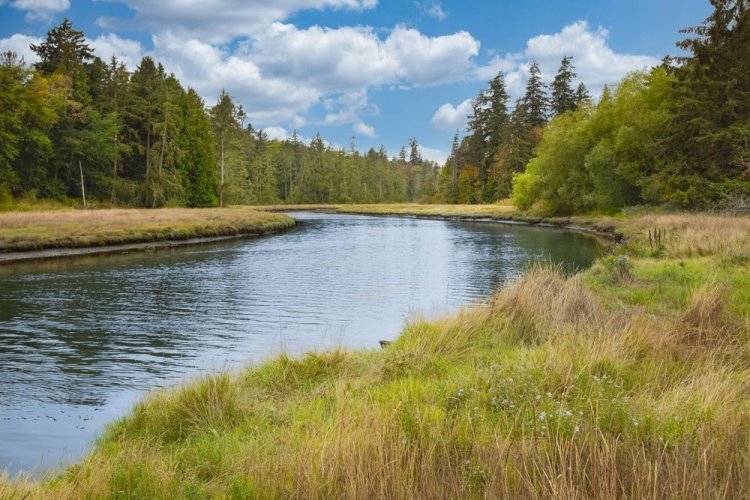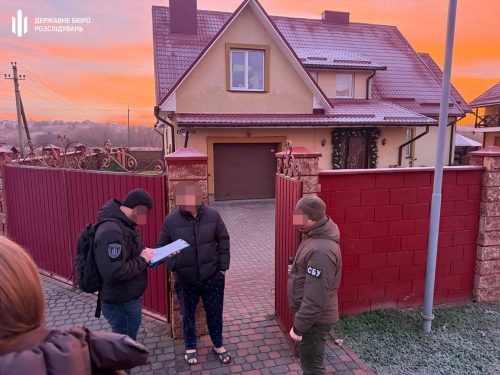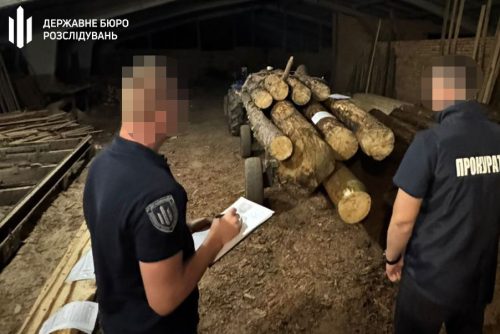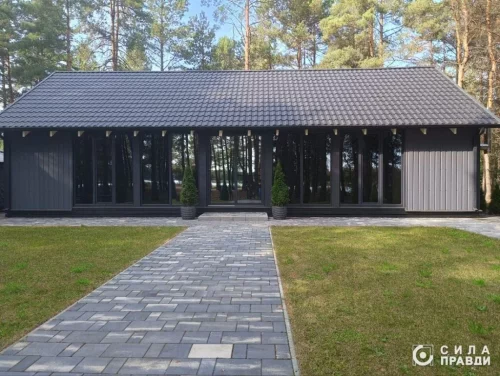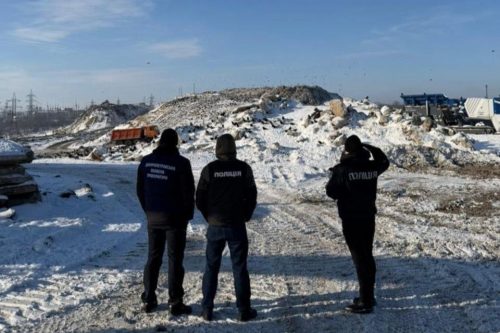Experts of the Ukrainian Nature Conservation Group (UNCG) have revealed a completely unsystematic approach of the State Agency of Water Resources of Ukraine (SAWR) in allocating funds to protect settlements and land from the harmful effects of water.
Petro Testov, an ecologist and head of the UPG's analytical department, said this in his telegram channel.
The environmentalists analyzed the expenditures under the program “Protection of rural settlements and agricultural lands from the harmful effects of water, including in the Tisa River basin in Zakarpattia Oblast”, which they received from the State Agency of Ukraine for Water Resources.
This year, UAH 137.1 million was allocated for its implementation. The agency's letter explicitly states that this is only 3.5% of the need, “which makes it impossible to implement flood control and environmental protection measures in the required amount.”
Testov noted that in the context of a full-scale invasion and extremely limited funding, funds need to be spent as efficiently as possible.
As an example, he cited the following possible measures:
- Support for critical infrastructure on which a large number of people depend (repair of the most important hydraulic structures).
- Elimination of the consequences of aggression (repair of damaged dams that should be restored).
- Implementation of the most cost-effective measures from river basin management plans (e.g., development of project documentation for the repair of sewage treatment plants for international grant or loan programs).
What they plan to spend millions of hryvnias on
Petro Testov says that, at first glance, this is “an absolutely random distribution for some purely local activities without any systematic approach,” with a purely local effect. But there are a few exceptions, such as the restoration of the dam in Kozarovychi in Irpin.
The ecologist is sure that political connections are behind this distribution. He gave a number of examples:
1. Another UAH 4.5 million was allocated for the “PR clearing” of the Bezimenna River in the village of Myrovka. According to Mr. Testov, the Ministry of Environmental Protection and Natural Resources of Ukraine took a reputational loss by allocating funds for this project. He recalled that the agency had changed its position – initially, it refused to fund the cleanup of Bezymenna Street.
Testov believes that very influential citizens are behind the lobbying for the arrangement of a beautiful pond in the Kaharlytska ATC, and they even managed to get the Ministry of Environment to support them. And he called the attempt to do this through “improving the ecological state of the Ros River” the most disgusting manipulation.
2. This year, UAH 5 million has been allocated to clean up the Kilcheny River in the Slobozhanska amalgamated territorial community (ATC) of the Dnipro region. The total cost is UAH 49.6 million, which means that it will be allocated in the following years.
Mr. Testov noted that Slobozhanska ATC is a suburban ATC of Dnipro, which has many enterprises and a high level of capacity.
“If they really want to clean the river, let them do it at the expense of the local budget, what does the state have to do with it?” the environmentalist asks.
3. This year, UAH 6.4 million was allocated to protect the village of Nyva-Zolochivska in Rivne Oblast from the harmful effects of melt and stormwater, and UAH 7 million was spent in previous years.
According to the UPG, there is no permanent watercourse in the village of 55 residents, but there are plowed slopes with erosion visible even from the satellite. Petro Testov says that the Boremelska ATC could decide to control land legislation, conduct inspections and oblige tenants to stop plowing. But the local authorities do not do this, because then the ATC will lose its money from farmers, and they consider it more appropriate to fight the consequences of erosion with public funds.
“Why is this settlement so important that it has become a priority for the entire state?” the expert asks a reasonable question.
4. In the Rivne region, UAH 1.5 million will be used to finance design work on the restoration of a hydraulic structure to protect the villages of Dytynychi and Pererosl from flooding.
“At the same time, above the village of Pererosl, there are quite wild places by Ukrainian standards without settlements and communally owned land along the Tartachka floodplain,” says Testov.
He suggests that the ATCs solve the flooding problem in a European way, without ponds, and let the river reach the floodplain by creating a joint project with the State Agency for Water Resources.
5. In Ternopil region, UAH 4 million will be spent this year to “continue the mega-construction” to clear the Zolota Lypa River. This money will be used to clean up 1.5 km of the riverbed. The expert says that about 8 km was cleaned in previous years. In total, the measures will result in 43% of the riverbed clearing from the plan, and in the coming years, more than UAH 30 million will be spent.
“What else is being done to achieve a good condition of this river besides cleaning? I think nothing. And the result is the same – but every year in Ternopil region someone has stable, albeit small, funding that can be used,” says Testov.
6. This year, UAH 6.5 million will be allocated to protect villages along the floodplains of the Dniester and Strviazh rivers from flooding. The expert said that the local ATC leased out floodplain land for plowing to maximize its earnings, and now wants to solve the problems that have arisen because of this at the expense of the state.
“And what are all these river basin management plans about which they tell their foreign friends? If, in any case, the implementation of measures for budgetary funds is based on the principle of “whoever agreed gets the money,” the expert finally asked a rhetorical question.
The Verkhovna Rada has recently registered draft law No. 13201, which provides for the implementation of EU legislation on water protection from pollution.

